Republican bid for Wisconsin Legislature supermajorities in doubt
Wisconsin Republicans needed to flip five seats in the Assembly and one in the state Senate to gain a two-thirds majority in each chamber, but unofficial returns showed the party's candidates trailing in the handful of key races.
Associated Press
November 9, 2022
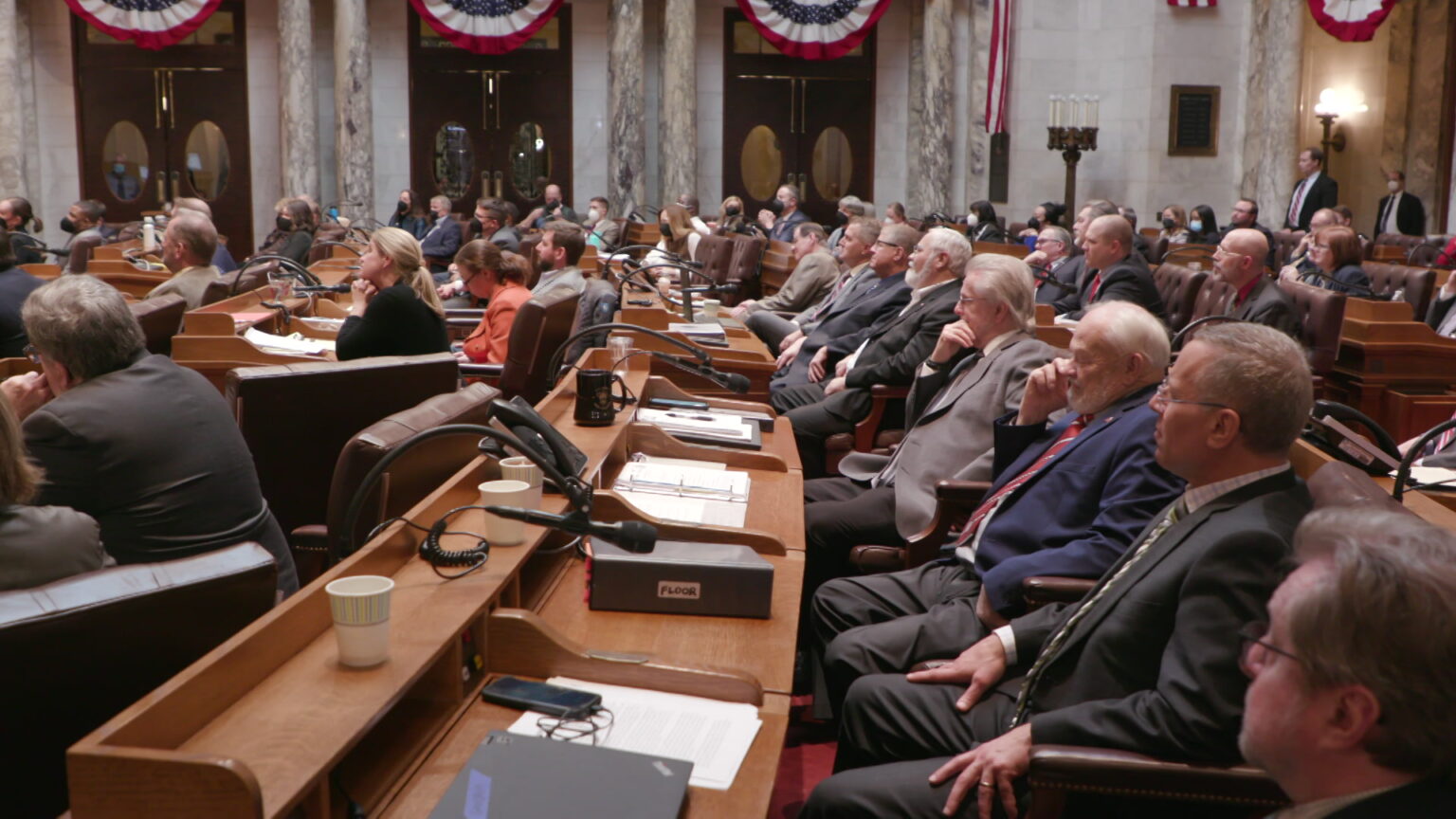
Unofficial 2022 election results show that Wisconsin Republicans are likely to fall short in their effort to win additional seats to reach a supermajority in either chamber of the state Legislature. In this photo, members of the Assembly listen to a speech on Feb. 22, 2022. (Credit: PBS Wisconsin)

MADISON, Wis. (AP) — Wisconsin Republicans’ push to establish veto-proof legislative supermajorities on Nov. 8 looked doubtful as they trailed in key races they needed to flip. Failure to win the supermajorities would ensure that Democratic Gov. Tony Evers would remain able to block GOP bills.
Republicans needed to flip five seats in the Assembly and just one in the Senate to gain a two-thirds majority in each chamber. They appeared likely to get the Senate supermajority, but were falling short in the Assembly.
Staving off supermajorities was essential for Democrats. With enough votes to override any gubernatorial veto, the GOP could again seek to reshape election administration to their advantage in a key battleground state after Evers turned back their earlier attempts to do so.
They also could revise the law to clarify that Wisconsin’s 173-year-old ban is indeed in effect after the U.S. Supreme Court this past summer invalidated Roe vs. Wade, the landmark decision that essentially legalized abortion across the country. Democrats say the ban is so old it’s unenforceable.
They would be able to write the next state budget to their liking, shifting dollars to conservative priorities like voucher schools and advancing tax cuts. They could expand the right to carry concealed weapons and impose more restrictions on unemployment benefits as well as the government’s ability to respond to COVID-19.
State Sen. Jon Erpenbach, a Democrat who chose not to seek reelection, said Republican supermajorities would mean sweeping change.
“It would be more difficult for people to vote in this state,” Erpenbach said. “If you are a woman you will have absolutely no say whatsoever over your health care decisions. If you are a doctor or an OB-GYN in this state, you’ll probably be looking to work in another state. If you’re in favor of guns, this will be a dream come true. If you don’t support public schools but you’re a believer in voucher schools, it will be a dream come true for you, too.”
Assembly Speaker Robin Vos said Republicans said before the Nov. 8 election that supermajorities would allow the GOP to work around a governor he called “Dr. No” for vetoing nearly 150 bills in the last two-year legislative session — most in nearly a century.
“He’s proud of the fact that he has the most vetoes on record,” Vos said. “The flip side is how he cannot work with people to find the answers.”
Democrats have struggled to win seats in rural Wisconsin in recent years, but Republicans have also benefited since 2010 from legislative maps that were gerrymandered to their advantage — that is, drawn to either pack opponents’ voters into a few districts or spread them among multiple districts. After the conservative-controlled Wisconsin Supreme Court this year approved new maps drawn by Republicans, an analysis by the Milwaukee Journal Sentinel found a widening GOP advantage, with 63 of 99 Assembly districts and 23 of 33 Senate districts leaning Republican.
The Republicans’ hopes for supermajorities in the 2022 cycle center on several open seats or vulnerable Democrats.
They set their sights on seats held by retiring Democratic Reps. Nick Milory and Beth Meyers in far northwestern Wisconsin. On the Senate side they hoped to take retiring Minority Leader Janet Bewley’s seat representing the Lake Superior shoreline.
The GOP also targeted Democratic incumbents in rural districts, including Katrina Shankland and Steve Doyle as well as Sen. Jeff Smith in west-central Wisconsin. Smith faced former police officer and bull rider David Estenson.
Republicans also have recently targeted Democratic Rep. Tim McGuire, who represents Kenosha, a traditional left-leaning area. Challenger Ed Hibsch has been trying to make inroads by accusing McGuire of not doing enough to stop protests over a police shooting in the city in 2020. The demonstrations culminated in Kyle Rittenhouse killing two men and wounding a third man.
Meanwhile on Nov. 8, unofficial returns showed Assembly Speaker Robin Vos fended off write-in challenges including one from Republican rival Adam Steen. Former President Donald Trump endorsed Steen after complaining that Vos didn’t do enough to overturn Democrat Joe Biden’s win in Wisconsin in the 2020 presidential election.
 Passport
Passport




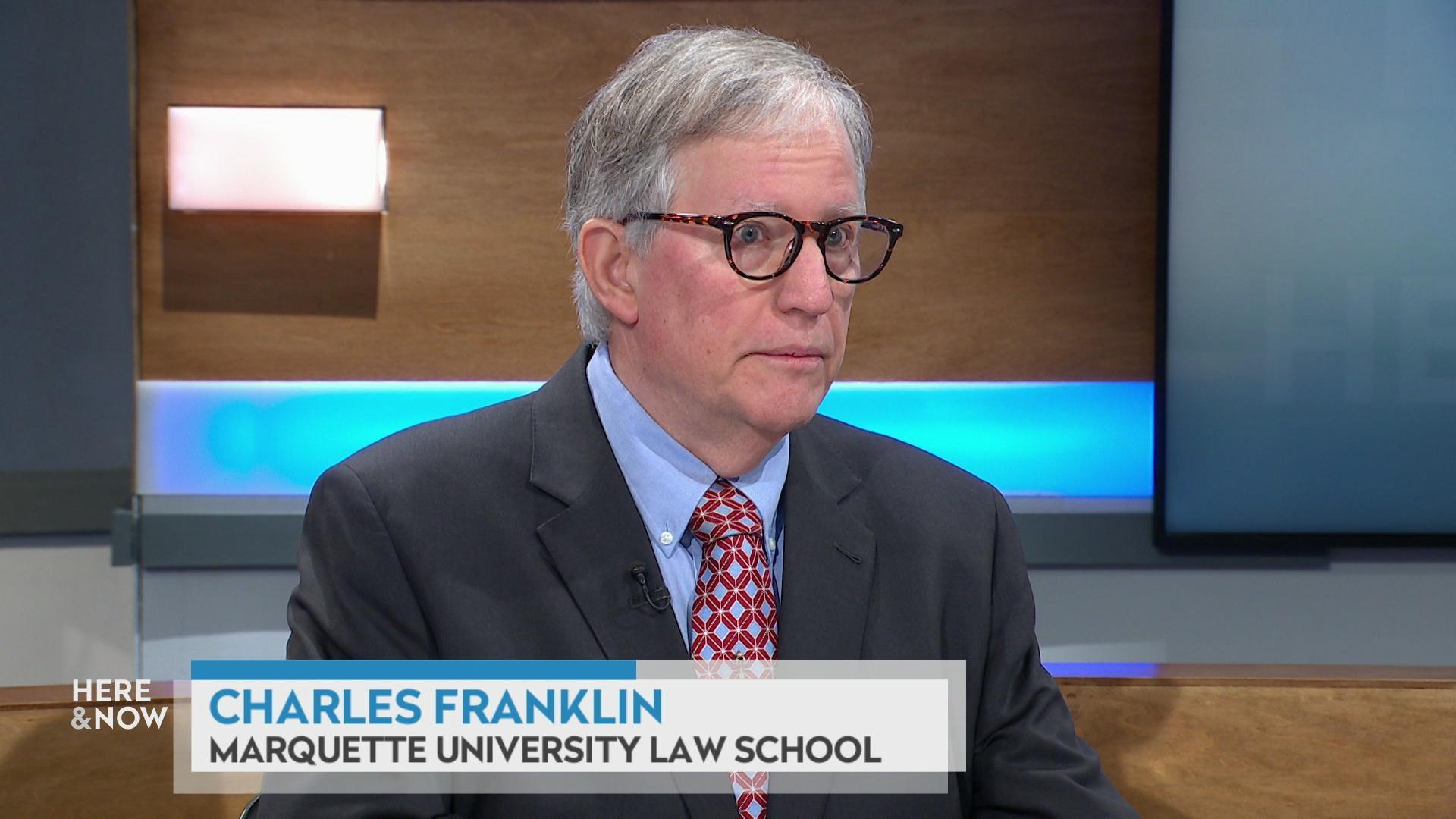

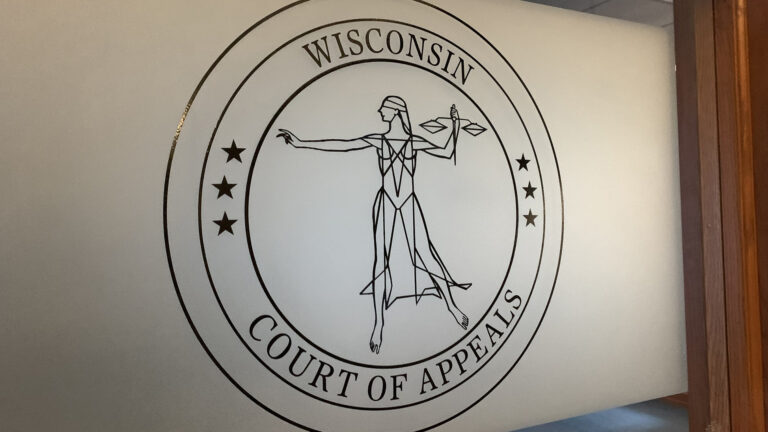
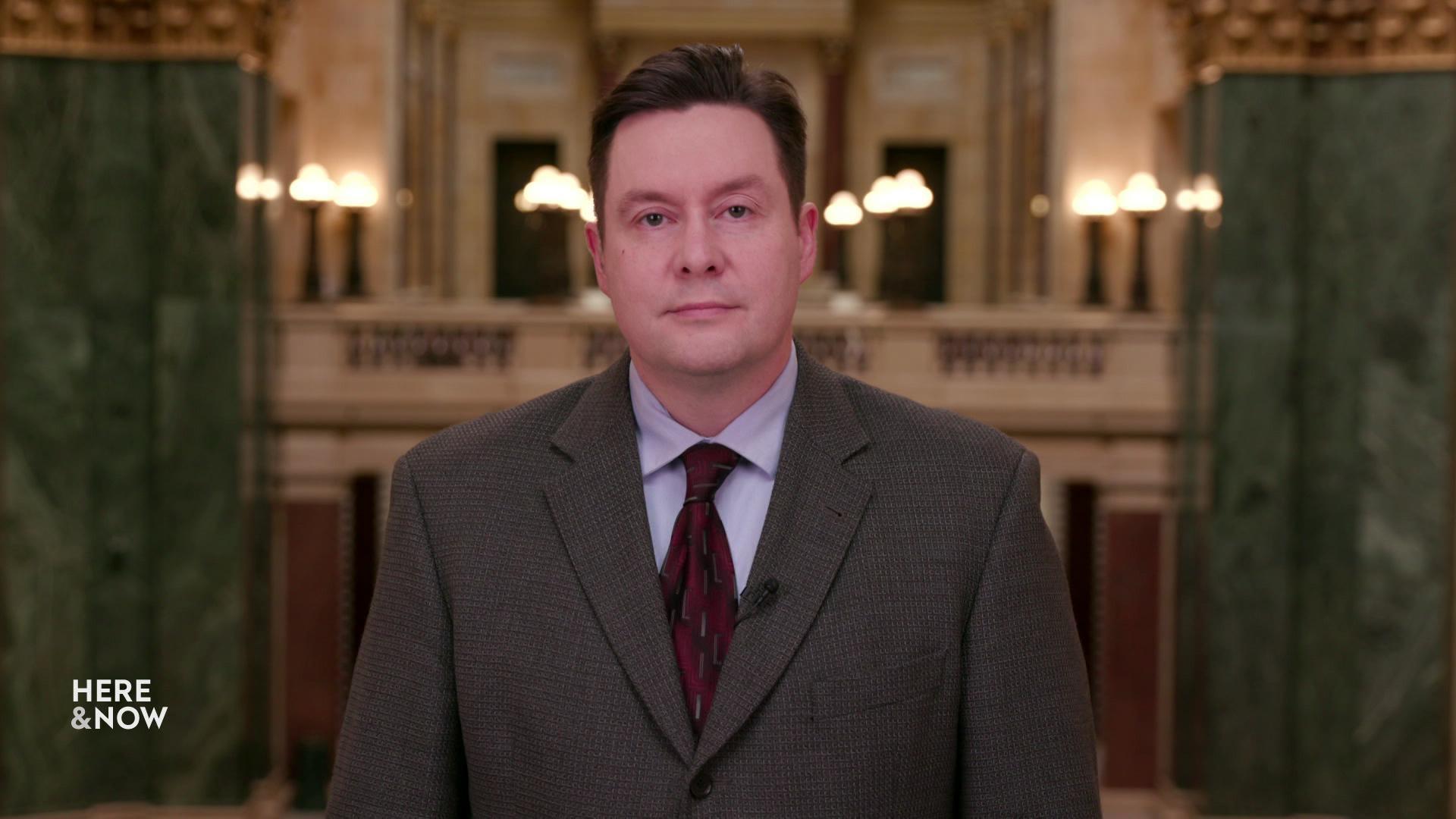
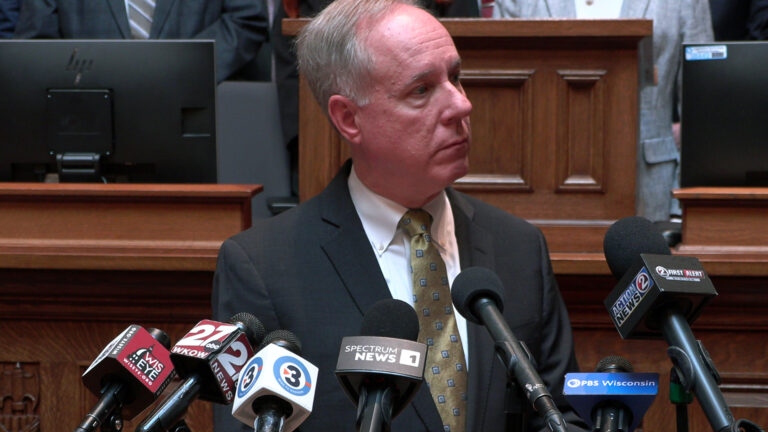


Follow Us